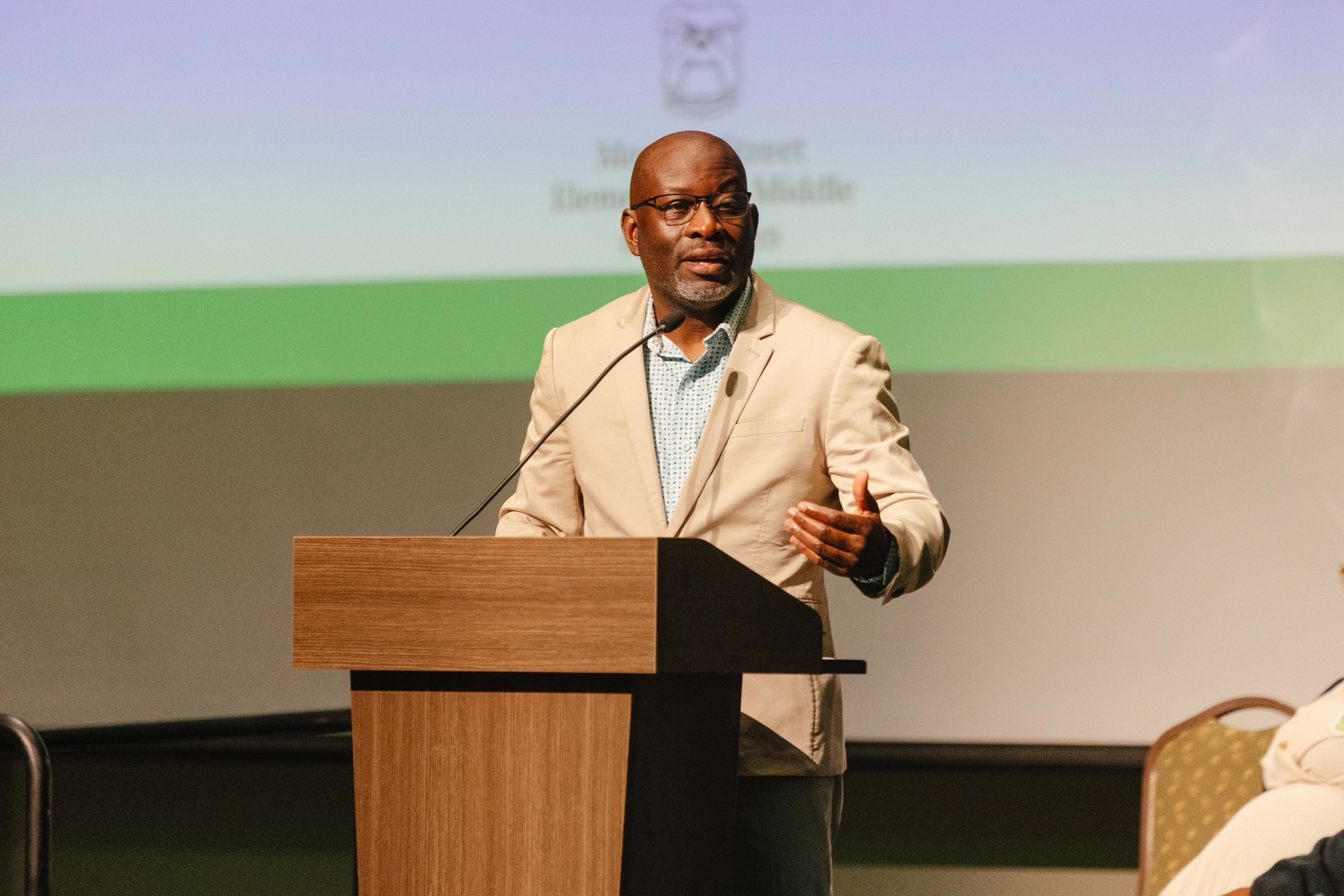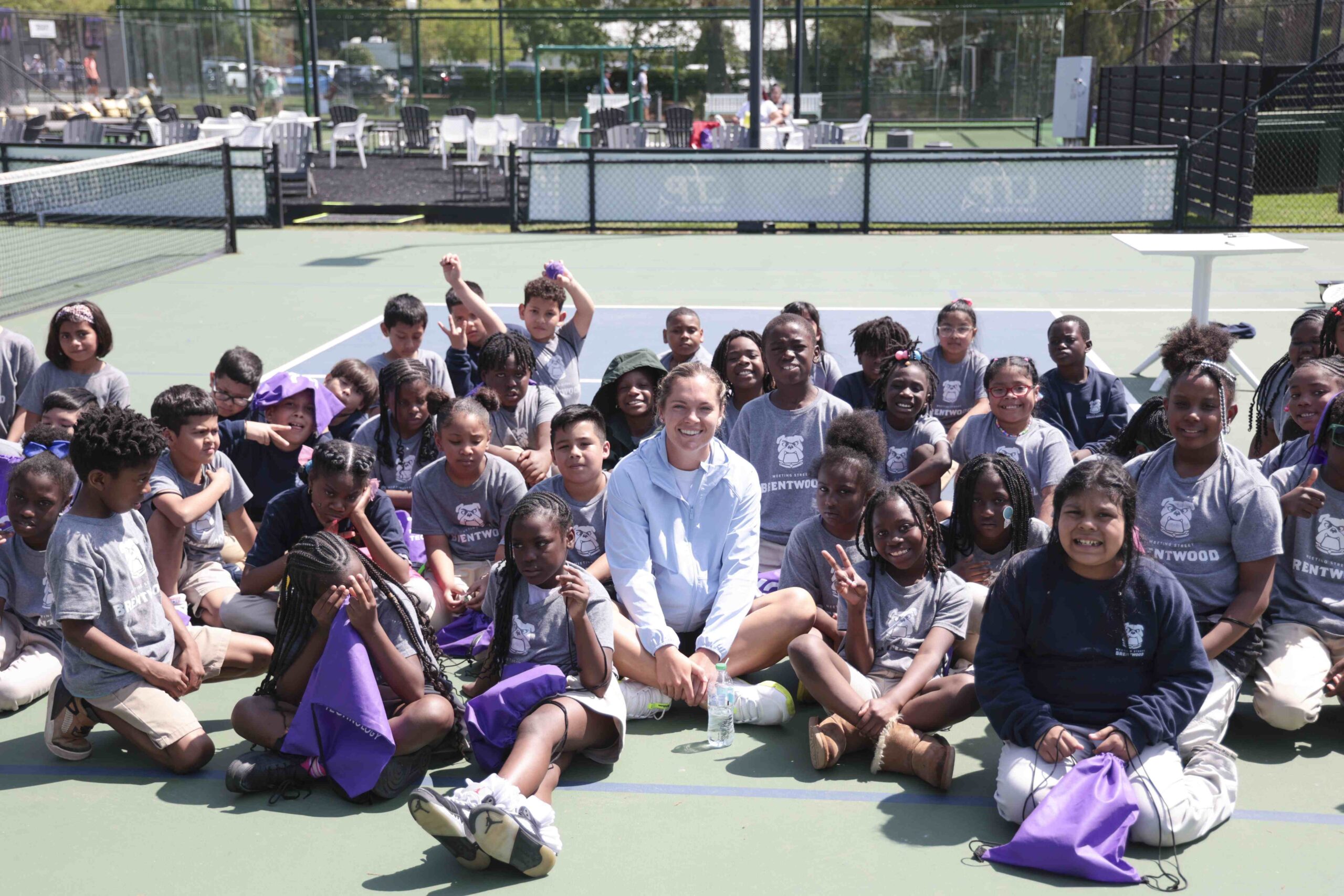Meeting Street Elementary at Brentwood Pre K teacher Ali Sevey (right) works with students (from left) Damien Lemacks Tyler Rhodes and Nikko Grant on their reading Wednesday, February 3, 2016. (Brad Nettles/Staff) 2/3/16
What is Charleston’s greatest challenge today?
Certainly at the top of the list would be our struggle to provide better educational opportunity to under-resourced kids and families. The alarming statistics show that only one in five low-income fourth grade students is proficient in reading, and over half of public school students are considered low-income by federal guidelines. In fact, among under-resourced Charleston County School District students who made it to their junior year in high school last year, less than 10 percent met college-ready benchmarks.
But the CCSD does have some reason to be optimistic. One CCSD school now ranks as one of the top elementary schools in the nation based on a testing regime that is used for 10 million students in over 20,000 schools across the country. Based on this school’s kindergarten reading scores, it ranks in the 95th percentile nationwide; and based on its first and second grade reading scores, it ranks in the 92nd and 78th percentile nationwide, respectively.
Which school would you guess this is? A magnet school? A school located in an affluent area such as Mount Pleasant or Sullivan’s Island?
How about this answer: It’s a public neighborhood elementary school located right in the heart of North Charleston’s Dorchester Road corridor, where 90 percent of students qualify for free and reduced price lunch. It’s a school called Meeting Street Elementary at Brentwood (MSE@B), which currently serves almost 500 students in PreK3 through 3rd grade. Shocking, right? In comparison, similar North Charleston area schools rank below the 25th percentile nationally. And how about this: For kids who have been at MSE@B for its full two years of operations thus far, average reading scores have risen from the 30th percentile to the 78th percentile. Wow!
Not surprisingly, MSE@B’s parent community has responded to these results with resounding enthusiasm, pleading for more such schools to be made available to their children.
But what about the education community? How have they responded? Are they rallying around the school? Celebrating its success? Asking how these results can be achieved in every school?
Amazingly, not across the board. While the superintendent, her staff and many principals have come out in strong support of Meeting Street, a vocal group on the fringes of the education community simply can’t stop trying to poke holes in this incredible story.
They only seem interested in protecting the status quo; in worrying about adults first as opposed to what’s best for kids. They complain that the school is “a new kind of public/private partnership with Meeting Street Schools,” grumbling that “the principal can fire poorly performing teachers at will,” and that “the administrators have too much autonomy.” This reaction is akin to criticizing Einstein, after he developed the theory of relativity, for not returning his research books to the library on time.
Our community has suffered for too long from a legacy of schools that fail to prepare our under-resourced children for success. Now it is time to stand up and say, “It is possible to do so much better. It’s happening right here in one of our own schools.” Now that we have a “proof point,” it is time to start thinking about questions such as:
How can we replicate MSE@B’s results at other schools? Can we afford the extra cost of approximately $3,000 per year to pay for what’s needed, such as starting students at three years of age, providing an extended school day and an extended school year, and staffing every classroom with two highly qualified teachers? And in addition to spending the extra dollars, how can we create the culture of excellence in our schools that doesn’t exist today but is required to achieve these results?
These obstacles can be overcome, but it won’t be easy. The very good news is that we know it’s possible.
It’s already being done!
Benjamin Navarro is the founder and CEO of Charleston-based Sherman Financial Group and the founder of non-profit Meeting Street Schools.
Benjamin Navarro



